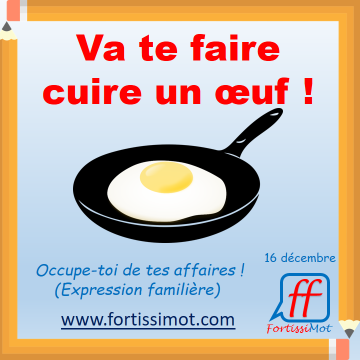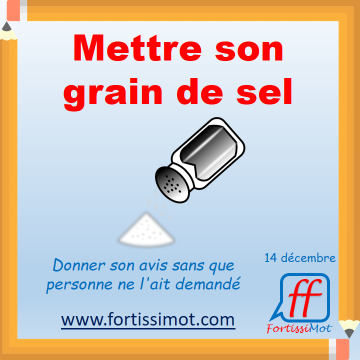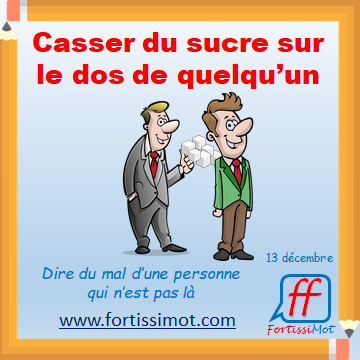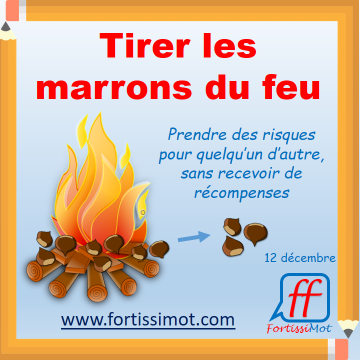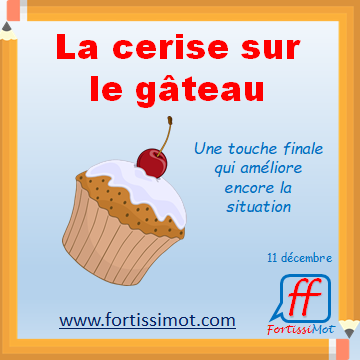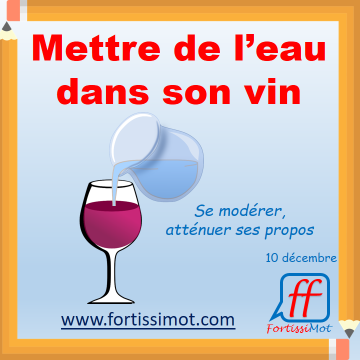Culture
Exemples :
- Le professeur promet des bonbons pour encourager les élèves à bien travailler, car ils marchent à la carotte.
- Elle n’accepte de travailler que si elle sait qu’elle va avoir une récompense. Elle marche vraiment à la carotte.
Culture
Exemples :
- À chaque fois qu’il y a un débat, il ne peut pas s’empêcher de ramener sa fraise, même si ce n’est pas le moment.
- Si tu ne connais pas le sujet, pourquoi tu veux ramener ta fraise ?
Culture
Exemples :
- Quand il m’a encore demandé de l’argent, je lui ai répondu : “Va te faire cuire un œuf, je ne suis pas une banque !“
- Quand ils m’ont demandé de venir travailler un dimanche, j’ai pensé : “Non, merci, allez vous faire cuire un œuf !”
Culture
Exemples :
- Lorsqu’il a voulu créer son site internet sans expérience, il a pédalé dans la semoule pendant des semaines.
- Emma essayait de résoudre son exercice de maths, mais elle pédalait dans la semoule, incapable de comprendre par où commencer.
Culture
Exemples :
- Quand il s’agit de la décoration de la maison, ma sœur aime toujours mettre son grain de sel.
- Ne mets pas ton grain de sel cette fois-ci, écoute seulement.
Culture
Exemples :
- Ils aiment casser du sucre sur le dos de leur voisin, mais ils ne disent jamais en face.
- Ils ont cassé du sucre sur le dos de leur patron après la réunion.
Culture
Exemples :
- C’est Paul qui a fait tout le travail, mais Sarah a tiré les marrons du feu en recevant les félicitations.
- Elle a laissé ses amis organiser la fête, puis elle a tiré les marrons du feu en s’occupant des invités.
Culture
Exemples :
- La décoration était magnifique, et les fleurs fraîches étaient la cerise sur le gâteau.
- Après une journée déjà parfaite, le superbe coucher de soleil était la cerise sur le gâteau.
Culture
Exemples :
- Pour éviter les disputes, il a dû mettre de l’eau dans son vin.
- Pour avancer dans le projet, chacun a dû mettre de l’eau dans son vin et faire preuve de flexibilité
Culture
Exemples :
- Ce film était vraiment un navet, je me suis ennuyé du début à la fin.
- Je ne te conseille pas d’aller voir ce film, c’est vraiment un navet !



